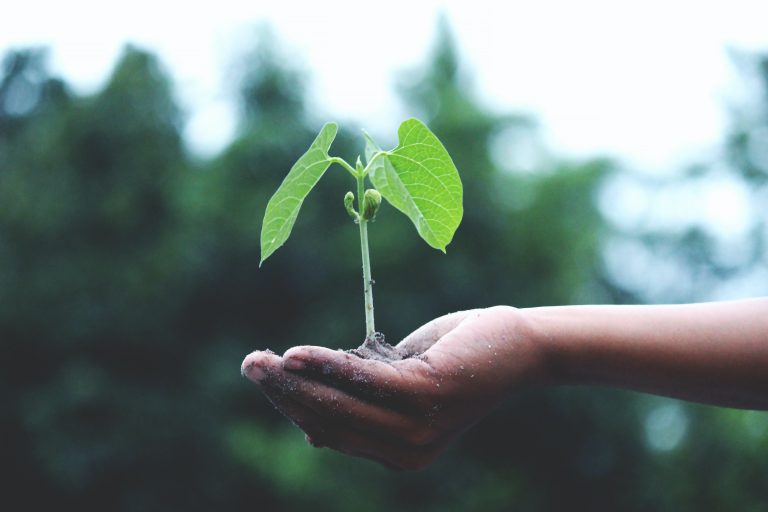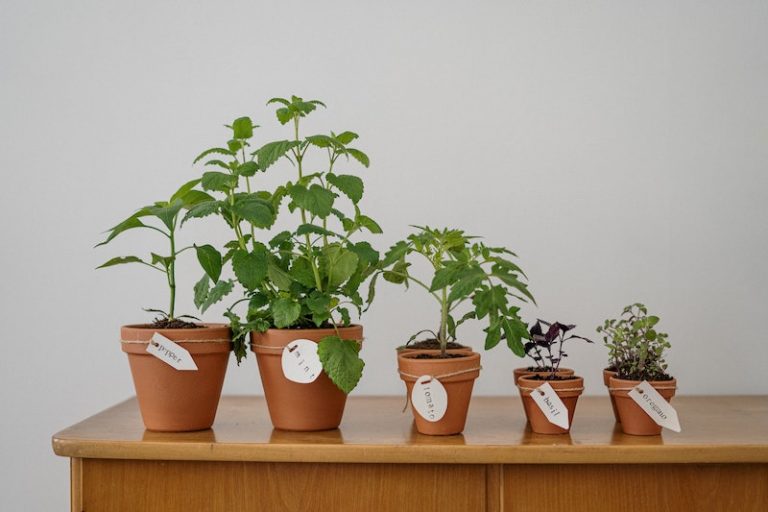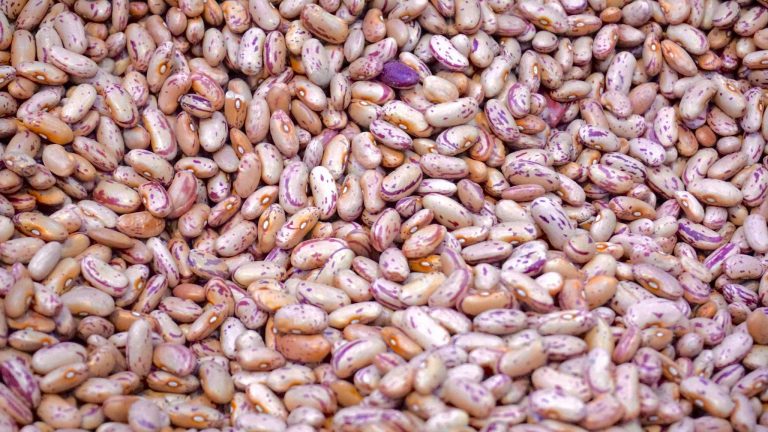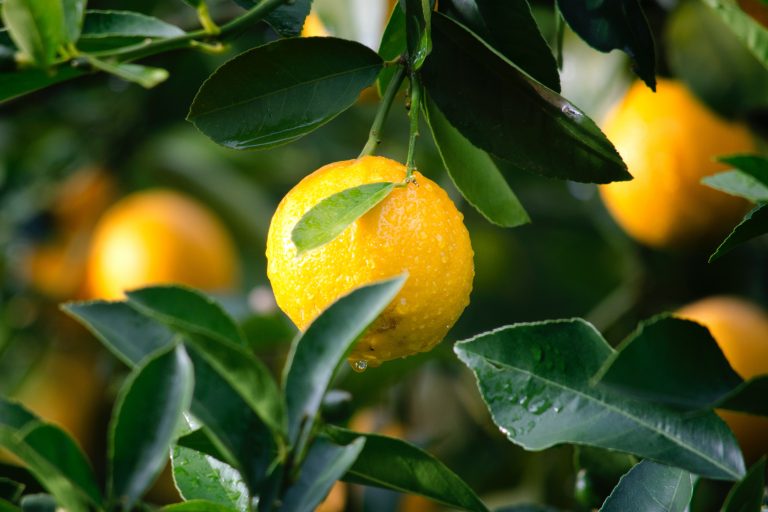There are a lot of reasons why seeds don’t germinate. Knowing what can go wrong is the first step in solving the problem. If you’re struggling to start seeds this spring, here are a few things to look out for. Why Aren’t Seeds Germinating? Here are a few common reasons why seeds don’t germinate….
seeds
5 Factors That Affect Plant Growth
Many factors affect plant growth. Plants have a few basic needs. Having these needs unmet will cause them to perish. There are also factors outside of a gardener’s control that can impact how well a plant grows. While some variables are out of your control, there are things that you can influence. What affects plant growth?…
Do Pre-Packaged Seeds Grow Faster Than Fresh Seeds?
It’s that time of year when the seed catalogs start arriving in the mailbox. Getting new packets of seeds from a seed supplier is a real treat. Knowing that those carefully harvested seeds will eventually grow into food or flowers is so exciting. It’s just as satisfying to sort through personally harvested seeds from…
What Are the Different Ways to Germinate Citrus Seeds?
I always have lemons in my fridge. The bright acidic quality of lemon juice adds a fantastic oomph to food that you just can’t get with other kinds of acids. Lemon also pairs well with pasta, chicken, and roasted veggies. I also often have limes on hand because they’re perfect for brightening up Mexican and Thai…



